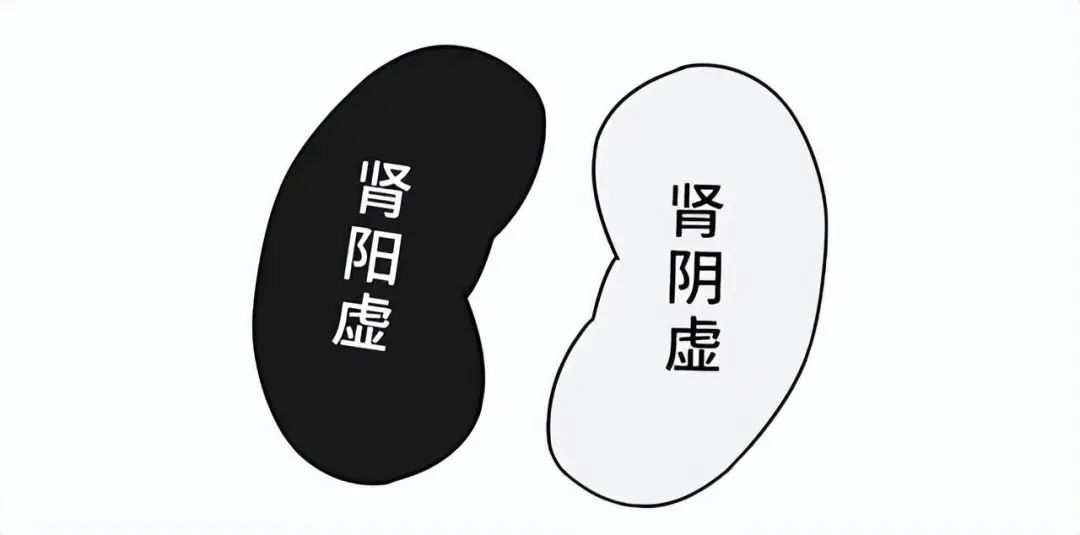
What is Kidney Yin and Yang Deficiency?Kidney Yin and Yang deficiency refers to the simultaneous presence of both Kidney Yin deficiency and Kidney Yang deficiency. The classic TCM text, “Huangdi Neijing” states, “Water and fire are the signs of Yin and Yang,” often using water to represent Yin and fire to represent Yang. Kidney Yin deficiency indicates a lack of Yin fluids, while Kidney Yang deficiency indicates a lack of Yang energy. Therefore, Kidney Yin and Yang deficiency means both Yin fluids and Yang energy are deficient, resulting in a low-level balance in the body.Patients may exhibit symptoms of cold intolerance associated with Yang deficiency, as well as signs of internal heat due to Yin deficiency. Clinically, the manifestations are often milder than those of pure Kidney Yin or Yang deficiency. Kidney Yin and Yang deficiency is more common in middle-aged and elderly individuals, while younger people tend to present with Kidney Yin deficiency. TCM believes that Yin and Yang are interdependent, so clinical Yin deficiency is often not purely Yin deficiency and may be accompanied by mild Yang deficiency.
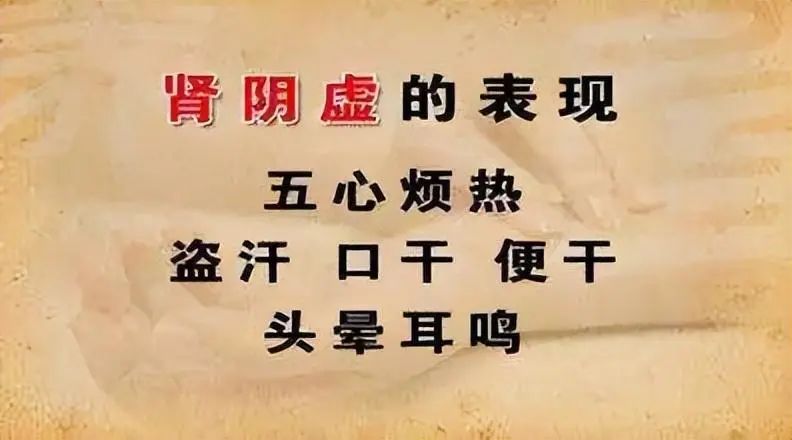
Kidney Yin DeficiencyKidney Yin deficiency is characterized by symptoms such as soreness and weakness in the lower back and knees, as well as manifestations like five hearts heat (palms and soles feeling hot), night sweats, insomnia, irritability, and even early hair loss or graying, tinnitus, hearing loss, loose teeth, dry eyes, and decreased vision. In simple terms, Kidney Yin deficiency is a deficiency of a substance known as “Kidney Essence”.Kidney Yang DeficiencyKidney Yang deficiency shares some symptoms with Kidney Yin deficiency, such as soreness and weakness in the lower back and knees, and general fatigue. However, Kidney Yang deficiency is also characterized by cold hands and feet, pale complexion, cold intolerance, and even reduced libido, indicating a deficiency of Yang energy, primarily manifesting as cold intolerance.
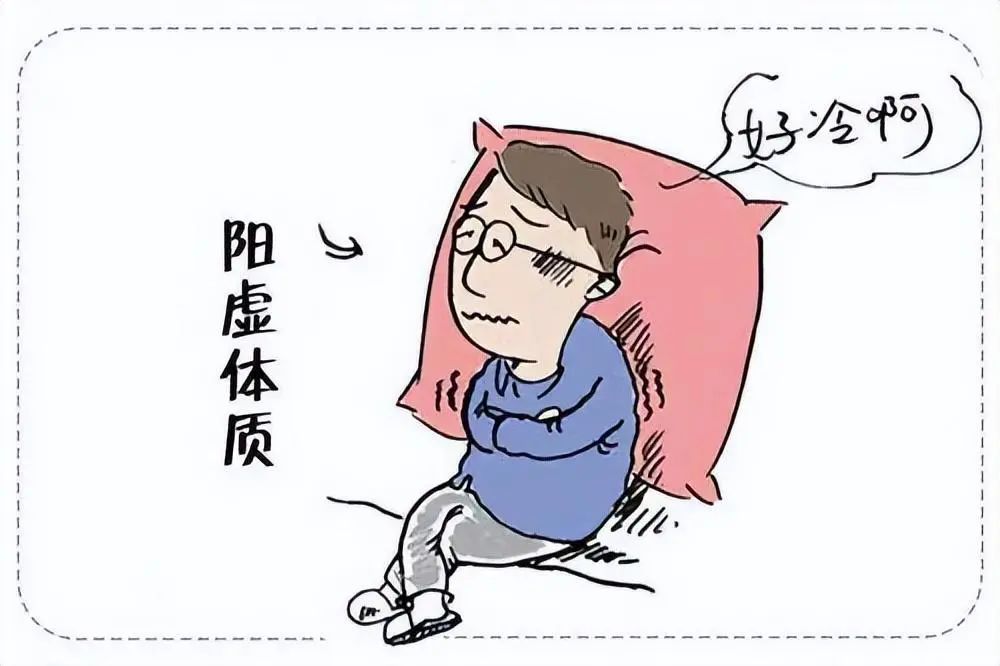
In Cases of Both Kidney Yin and Yang Deficiency, Should We First Tonify Yin or Yang?When treating both Kidney Yin and Yang deficiency, whether to first tonify Yin or Yang should depend on the patient’s clinical symptoms and the severity of the deficiency. If the patient first exhibits symptoms of Kidney Yin deficiency such as dizziness, tinnitus, five hearts heat, tidal fever, and night sweats, followed by cold intolerance, pale complexion, and clear, frequent urination indicative of Yang deficiency, it suggests that Yang deficiency is caused by Yin deficiency, and thus, Yin should be tonified first, followed by Yang.If the initial symptoms are those of Yang deficiency, then Yang should be tonified first. However, if the degree of Yin and Yang deficiency is comparable, a treatment approach that tonifies both Yin and Yang should be adopted. TCM emphasizes “seeking Yang within Yin,” so Yang can only be tonified on the basis of tonifying Yin.
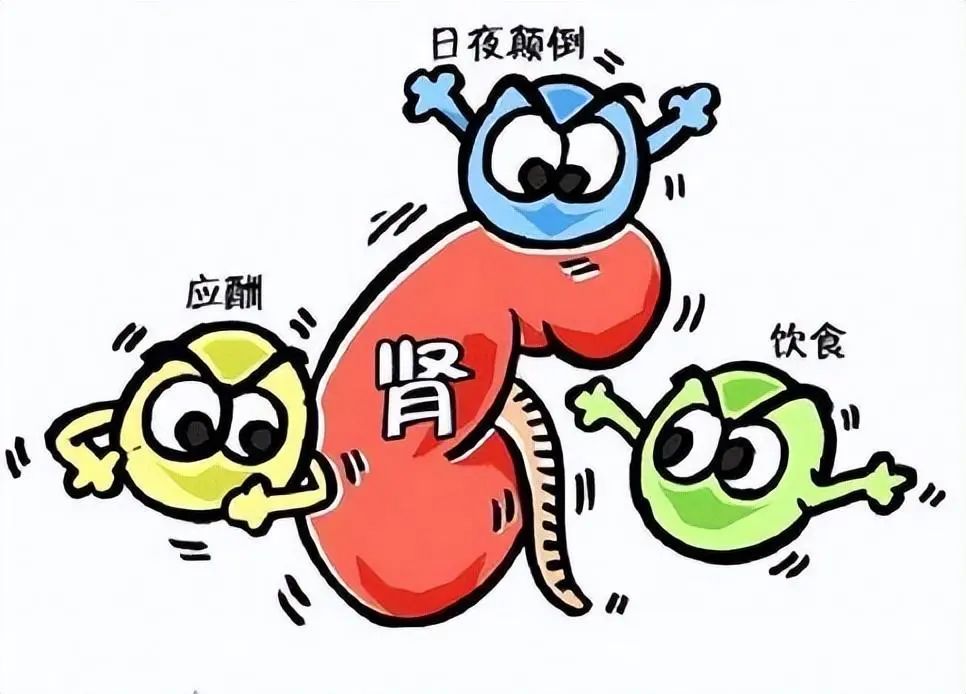
Kidney Yin and Yang Deficiency are Clinical Terms in TCMBoth Kidney Yin and Yang can be tonified simultaneously. Symptoms of Kidney Yin deficiency include dry mouth, soreness in the lower back and knees, and a tendency to feel hot and sweat easily, while symptoms of Kidney Yang deficiency include lower back pain, feeling cold all over, cold hands and feet, and frequent urination.Medicinal formulas that can tonify both Kidney Yin and Yang include Yuhongfeng Granules, Liuwei Dihuang Wan, Zhibai Dihuang Wan, Huoxue Jiangu Pian, Yishen Jianyao Oral Liquid, Tongmai Qiangshen Jiu, Qingshu Granules, and Zhengxin Tai Pian. When taking these medications, it is essential to do so under the guidance of a physician to avoid self-medication. Dietary considerations include avoiding spicy and stimulating foods, abstaining from alcohol, avoiding greasy foods, and ensuring adequate rest.
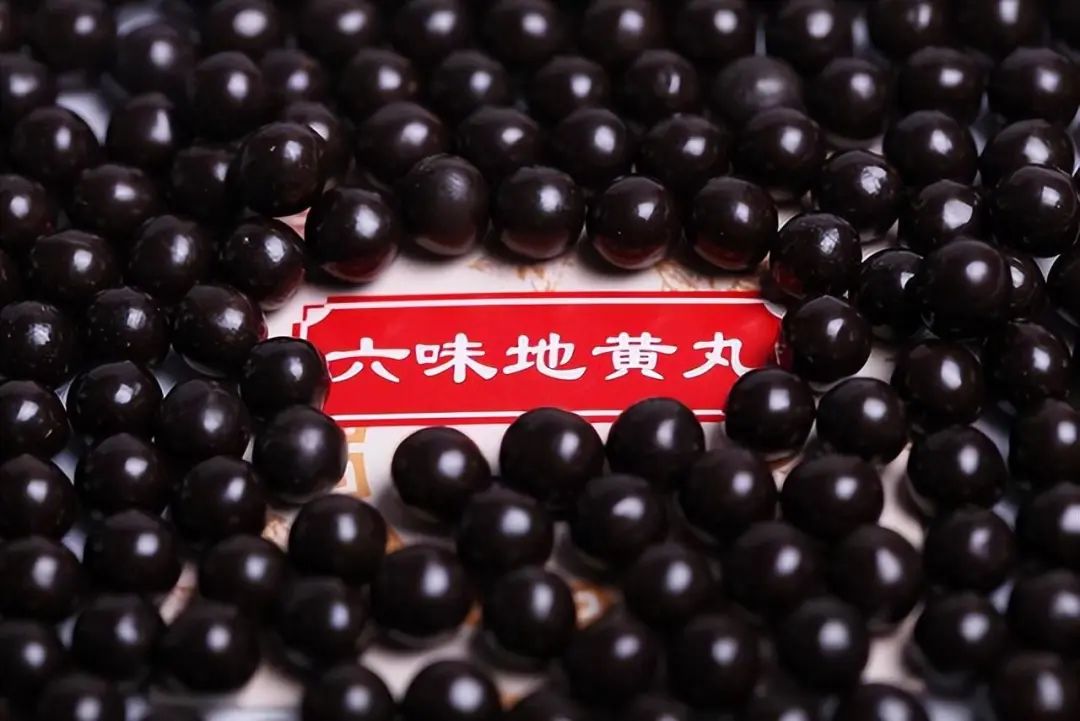
Four Simple Ways to Accurately Distinguish Between Kidney Yin and Yang Deficiency1. Observe Cold and Heat: Many individuals with Kidney Yin deficiency are sensitive to heat and may sweat easily from their palms, soles, and chest, often feeling irritable. In contrast, Kidney Yang deficiency typically presents as cold intolerance, with cold hands and feet. Therefore, individuals experiencing these symptoms should consider the possibility of Kidney Yang deficiency.2. Observe Sweating Patterns: Individuals with Kidney Yin deficiency typically experience night sweats, while those with Kidney Yang deficiency usually have spontaneous sweating that does not occur due to exertion, hot weather, or heavy clothing, but may increase after exertion.3. Observe Body Fluids: Individuals with Kidney Yin deficiency tend to be slender and may experience dry mouth and tongue. Even with water intake, they may still feel throat dryness, and their skin may appear dry. In contrast, individuals with Kidney Yang deficiency may be overweight and experience edema, particularly noticeable in the lower body.
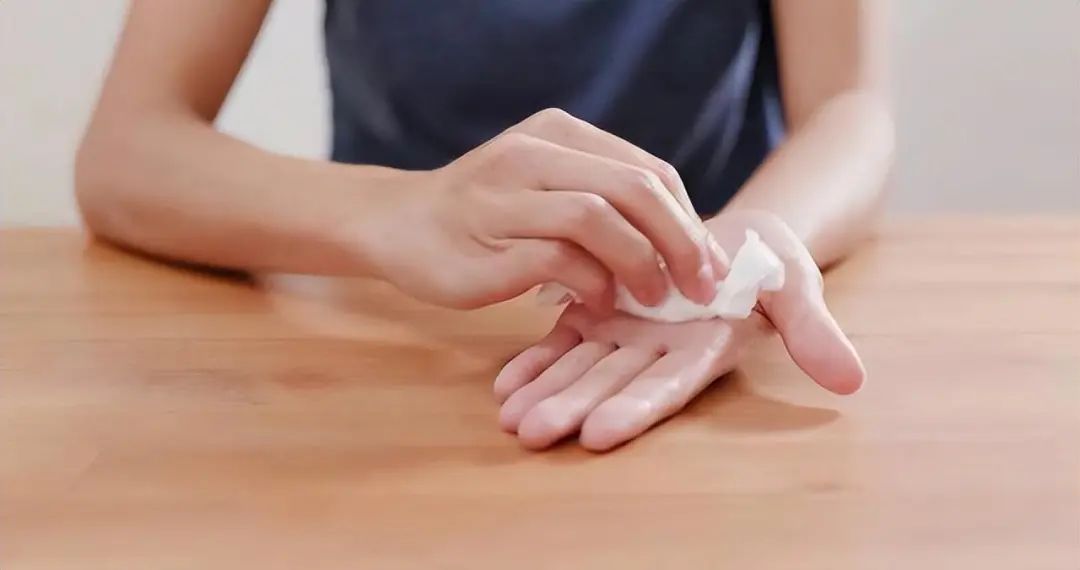
4. Observe Mental State: Individuals with Kidney Yin deficiency may appear irritable and easily angered, while those with Kidney Yang deficiency typically do not exhibit much energy and may appear fatigued, often reluctant to speak or speaking in a very low voice, giving an impression of depression.
Top Ten Traditional Chinese Medicines for Kidney Yin and Yang Deficiency
1. Jinsuo Gujing WanIngredients: Sha Yuan Zi (Cuscuta Seed), Duan Mu Li (Calcined Oyster Shell), Lian Xu (Lotus Stamen), Lian Zi (Lotus Seed), Zheng Qian Shi (Steamed Euryale Seed), Duan Long Gu (Calcined Dragon Bone).Function: The primary function is to tonify the kidney and stabilize essence.Suitable for: Effective for symptoms such as nocturnal emissions, lower back and knee soreness, fatigue, and even tinnitus caused by kidney deficiency. Jinsuo Gujing Wan does not specifically target either Kidney Yang or Yin deficiency, but tonifies both.Generally taken on an empty stomach with warm salt water or warm water, three times a day, 15 pills each time.2. Wuzi Yanzong WanIngredients: Fu Pen Zi (Raspberry), Gou Qi Zi (Goji Berry), Wu Wei Zi (Schisandra), Tu Si Zi (Cuscuta Seed), Yan Che Qian Zi (Plantago Seed).Function: The primary function is to tonify the kidney and stabilize essence.Suitable for: Suitable for symptoms such as nocturnal emissions, premature ejaculation, lower back pain, dribbling urination, and even impotence and infertility due to kidney essence deficiency. As a tonic for kidney essence, it is generally taken twice a day, 6 grams each time, but individuals with hypertension or diabetes should use it cautiously. Additionally, those taking Wuziziyanzong Wan should refrain from sexual activity during treatment to avoid affecting the efficacy of the medicine.3. Shengjing PianIngredients: The main ingredients include Ren Shen (Ginseng), Yin Yang Huo (Epimedium), Da Xue Teng (Sargentodoxa), Ma Bian Cao (Verbena), Huang Jing (Polygonatum), Lu Rong (Deer Antler), Fu Pen Zi (Raspberry), Sang Shen (Mulberry), Guo Sui Bu (Drynaria), Du Zhong (Eucommia), Dong Chong Xia Cao (Cordyceps).Function: Tonifies the kidney, stabilizes essence, nourishes Yin, and strengthens Yang.Suitable for: Shengjing Pian is a TCM formula that tonifies both Kidney Yin and Yang, effective for symptoms such as dizziness, tinnitus, lower back soreness, fatigue, and even low sperm count and weak sperm in men. However, it is not suitable for individuals with a constitution characterized by Yin deficiency and excess heat. Some individuals may experience nausea or dizziness after taking it, which is within the normal range.4. Shengli PianIngredients: Yuan Zhi (Polygala), Yin Yang Huo (Epimedium), Sha Yuan Zi (Cuscuta Seed), Ren Shen (Ginseng), Shu Di Huang (Rehmannia), Ding Xiang (Clove), Rou Cong Rong (Cistanche), Gou Qi (Goji), Li Zhi He (Lychee Seed).Function: Benefits Qi, nourishes Yin, strengthens Yang, and calms the spirit.Suitable for: Suitable for treating male impotence, premature ejaculation, and other issues, effective for symptoms such as nocturnal emissions, reduced libido, dizziness, lower back soreness, and insomnia with vivid dreams. It is a TCM formula that tonifies both Yin and Yang. No side effects have been observed, and it is generally taken three times a day on an empty stomach, 2-4 pills each time.5. Buxin Qiangshen PianIngredients: The main ingredients include Yin Yang Huo (Epimedium), Nu Zhen Zi (Ligustrum), Gou Ji (Cibotium), Tu Si Zi (Cuscuta Seed), Jin Ying Zi (Cherokee Rose). Function: Tonifies the kidney and strengthens the body.Suitable for: Suitable for individuals with symptoms such as lower back soreness, dizziness, blurred vision, tinnitus, and palpitations due to kidney deficiency, with the effect of tonifying both Yin and Yang. It is generally taken before meals, three times a day, 5 pills each time. However, individuals with hypertension, heart disease, or diabetes should take it under medical supervision, and it is not suitable during colds or fevers.6. Shenrong Buxin PianIngredients: The main ingredients include Chuan Xiong (Ligusticum), Ze Xie (Alisma), Lu Rong (Deer Antler), Dang Gui (Angelica), Hong Shen (Red Ginseng), Hai Ma (Seahorse), Niu Xi (Achyranthes), Suo Yang (Cistanche), Du Zhong (Eucommia), Bu Guo Zhi (Psoralea), Gou Shen (Dog Kidney), and Lu Shen (Donkey Kidney).Function: Tonifies the kidney, nourishes blood, and benefits Qi.Suitable for: Suitable for individuals with both Yin and Yang deficiency, Shenrong Buxin Pian is a TCM formula that tonifies both. It is effective for symptoms such as impotence, nocturnal emissions, fatigue, and coldness. No side effects or adverse reactions have been reported, and it is generally taken twice a day, 4-6 pills each time.7. Buxin Yinao WanIngredients: The main ingredients include Zhu Sha (Cinnabar), Niu Xi (Achyranthes), Lu Rong (Deer Antler), Chuan Xiong (Ligusticum), Hong Shen (Red Ginseng), Xuan Shen (Scrophularia), Gou Qi Zi (Goji Berry), Wu Wei Zi (Schisandra), and Shu Di Huang (Rehmannia).Function: Tonifies the kidney, nourishes blood, generates essence, and benefits Qi.Suitable for: Suitable for individuals with kidney essence deficiency and Qi and blood deficiency, effective for improving insomnia, forgetfulness, palpitations, shortness of breath, nocturnal emissions, night sweats, tinnitus, and other issues. However, it is not suitable for individuals with colds or fevers. The normal dosage is twice a day, 8-12 pills each time.8. Jinshui Bao CapsulesIngredients: The main ingredient is fermented Cordyceps powder.Function: Tonifies the kidney, nourishes the lungs, generates essence, and benefits Qi.Suitable for: Suitable for individuals with both lung and kidney deficiency, effective for improving symptoms of insufficient essence. After taking the medicine, patients with kidney deficiency may experience significant improvements in symptoms such as cough, fatigue, forgetfulness, insomnia, lower back soreness, and even impotence and premature ejaculation. During treatment, it is important to avoid hard-to-digest foods, and it is not suitable for individuals with colds or fevers.9. Pulan An CapsulesIngredients: The main ingredient is rapeseed flower pollen.Function: Tonifies the kidney and stabilizes the foundation.Suitable for: Suitable for individuals with kidney Qi deficiency, effective for improving symptoms such as lower back soreness and dribbling urination caused by kidney deficiency, as well as for prostatitis with urinary difficulties. A small number of individuals may experience mild diarrhea after taking the medicine, but the symptoms are very mild and do not require excessive concern.10. Suo Quan WanIngredients: Wu Yao (Lindera), Yi Zhi Ren (Alpinia), Shan Yao (Chinese Yam).Function: Stabilizes the kidney and reduces urination.Suitable for: Suitable for individuals with frequent urination and nocturnal enuresis due to kidney deficiency. However, individuals with hypertension, heart disease, or other conditions should take it under medical supervision, and it is not suitable for individuals with colds or fevers. The normal dosage is three times a day, 3-6 pills each time.

